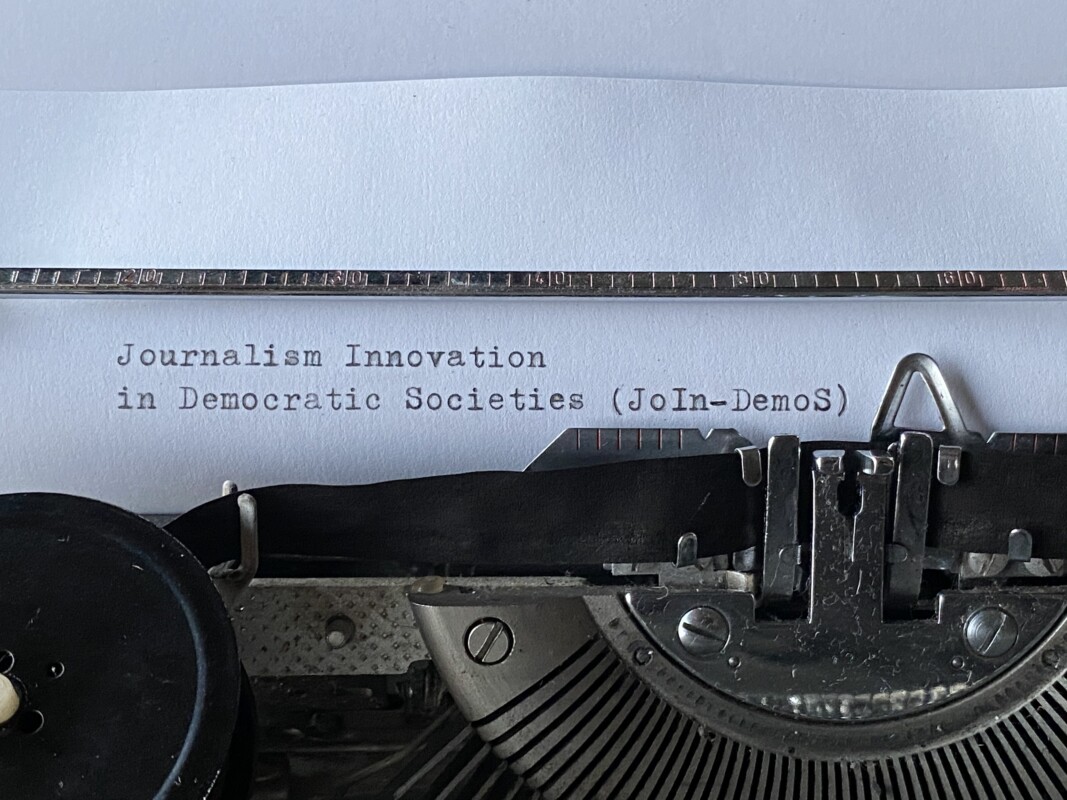
about our project
Which journalism has a future and relevance? How do innovations in journalism influence journalistic quality and thus the public in democratic societies? Our research will identify, index and evaluate the most important innovations in journalism in each of the participating countries in the last decade until now. The project “Innovations in journalism in democratic societies: Index, influence and prerequisites in international comparison” started in October 2020. 19 researchers in five countries are involved.
Research projects on media innovation have so far focused on the manifold economic and technological influences on journalism and observed how legacy and novel media organizations are economically viable. Little effort has been made to investigate the impact on the quality of journalism. The shortcomings of research on innovations in journalism become apparent when one considers the challenges for an open and transparent society: in a time of “post-factuality”, of “disrupted” public spheres and “fragmented” democracies.
The project addresses these research deficits. It examines the impact of innovations on the quality of journalism and its role in democratic society and analyses the framework conditions for the emergence of journalistic innovations in an international comparison. It is based on theoretical approaches and empirical findings derived from economic and social innovation theory and furthermore on a normative theory of journalism.
The project has five objectives:
1. It will develop an analytical index that measures the character and degree of innovation in journalism in an international comparison.
RQ 1: How can journalistic innovations be distinguished, classified, and measured?
2. The index will be used to analyse the most important innovations in five countries with similar (Germany, Austria, Switzerland) and different (Spain, UK) media systems.
RQ 2: Are there any differences regarding the types of innovations in countries with similar and/or different media systems?
3. The (potential) influence on the quality of journalism and its importance in society will be examined for each of these innovations.
RQ 3: How do innovations in legacy and novel news media expand, strengthen or devitalise – or impact respectively – the values and norms of journalism as well as the role of journalism in the democratic society?
4. Framework conditions which promote or hinder innovations will be defined: in the media system, media policy, the organisation of media/newsroom organisation and journalism cultures.
RQ 4: Which preconditions and factors support or inhibit which types of innovation in legacy and novel news media on the macro level (media system/policy) and on the meso level (media organisations/newsrooms)?
5. The interdependencies of innovations and such framework conditions are explored in an international comparison. From this, advice for media policy (macro level) and for the organisation of media/editorships/newsrooms (meso level) can be developed in order to promote innovations that strengthen the quality of journalism and its role for public discourse.
RQ5: Which interdependencies exist between preconditions, different types of journalism innovation and their impact on the quality of journalism and the democratic society?
RQ 6: What lessons can be learned from the comparisons regarding media policy or the strategy of media organisations and newsrooms?
